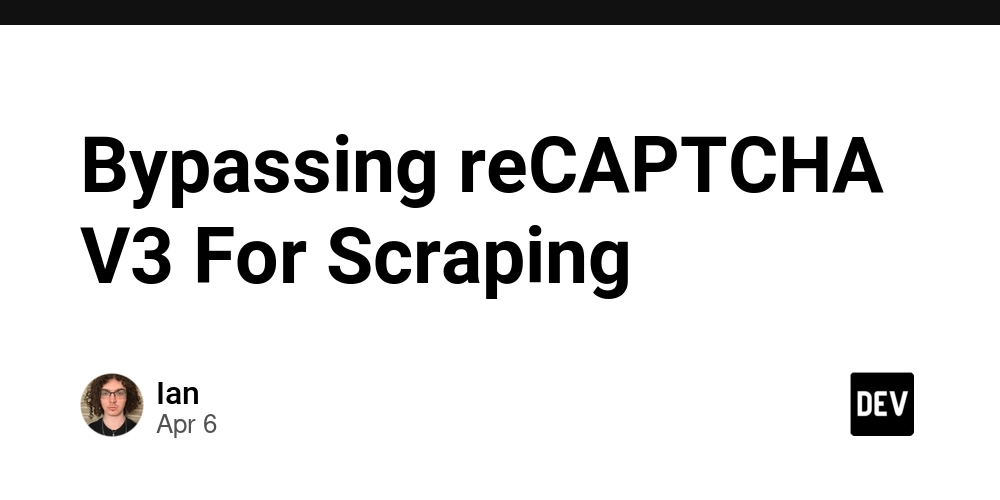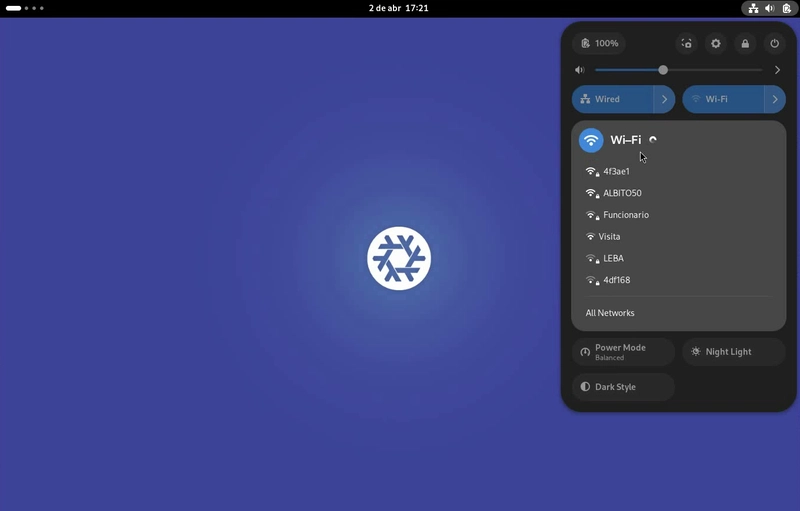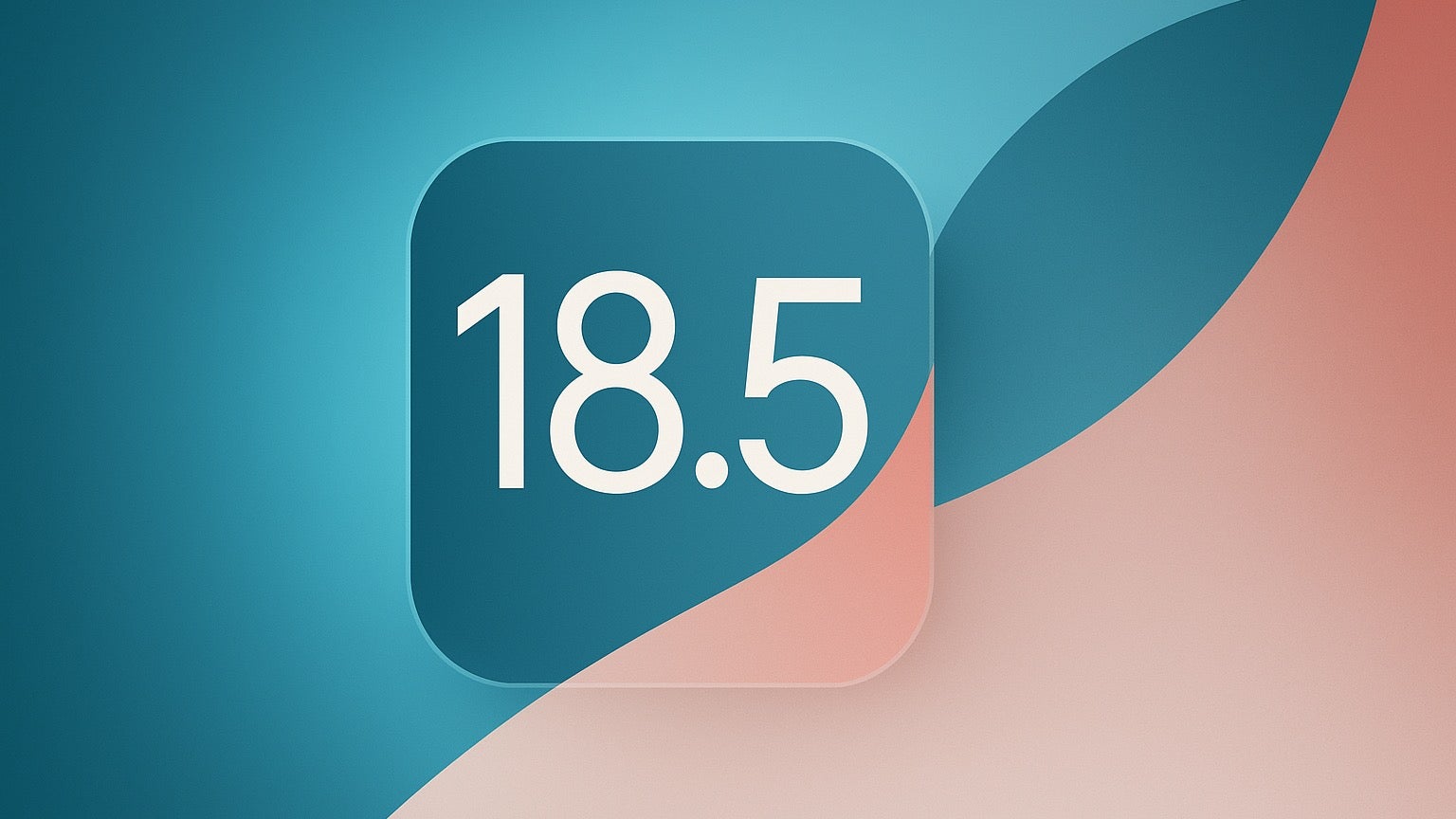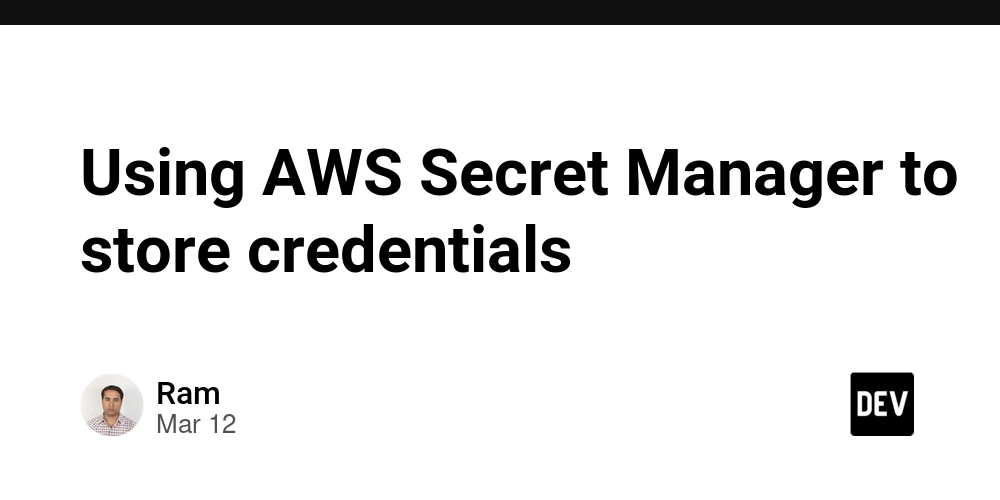Implementing a RESTful API with Advanced Error Handling in Node.js
When building robust RESTful APIs, proper error handling is important for maintaining, debugging, and providing clear feedback to API consumers. In this comprehensive guide, we'll explore how to implement advanced error handling in a Node.js API using Express. Table of Contents Setting Up the Project Custom Error Classes Error Handling Middleware Implementation Examples Testing Error Handling Best Practices Reactjs Template Download Now Setting Up the Project First, let's set up a basic Express project with necessary dependencies: const express = require('express'); const app = express(); app.use(express.json()); const PORT = process.env.PORT || 3000; Custom Error Classes Create a hierarchy of custom error classes to handle different types of errors: // Base error class for operational errors class AppError extends Error { constructor(message, statusCode) { super(message); this.statusCode = statusCode; this.status = `${statusCode}`.startsWith('4') ? 'fail' : 'error'; this.isOperational = true; Error.captureStackTrace(this, this.constructor); } } // Specific error classes class ValidationError extends AppError { constructor(message) { super(message, 400); } } class NotFoundError extends AppError { constructor(message) { super(message, 404); } } class UnauthorizedError extends AppError { constructor(message) { super(message, 401); } } Error Handling Middleware Implement a central error handling middleware: // Error handling middleware const errorHandler = (err, req, res, next) => { err.statusCode = err.statusCode || 500; err.status = err.status || 'error'; if (process.env.NODE_ENV === 'development') { res.status(err.statusCode).json({ status: err.status, error: err, message: err.message, stack: err.stack }); } else { // Production error response if (err.isOperational) { res.status(err.statusCode).json({ status: err.status, message: err.message }); } else { // Programming or unknown errors console.error('ERROR

When building robust RESTful APIs, proper error handling is important for maintaining, debugging, and providing clear feedback to API consumers. In this comprehensive guide, we'll explore how to implement advanced error handling in a Node.js API using Express.
Table of Contents
- Setting Up the Project
- Custom Error Classes
- Error Handling Middleware
- Implementation Examples
- Testing Error Handling
- Best Practices
Reactjs Template
Setting Up the Project
First, let's set up a basic Express project with necessary dependencies:
const express = require('express');
const app = express();
app.use(express.json());
const PORT = process.env.PORT || 3000;
Custom Error Classes
Create a hierarchy of custom error classes to handle different types of errors:
// Base error class for operational errors
class AppError extends Error {
constructor(message, statusCode) {
super(message);
this.statusCode = statusCode;
this.status = `${statusCode}`.startsWith('4') ? 'fail' : 'error';
this.isOperational = true;
Error.captureStackTrace(this, this.constructor);
}
}
// Specific error classes
class ValidationError extends AppError {
constructor(message) {
super(message, 400);
}
}
class NotFoundError extends AppError {
constructor(message) {
super(message, 404);
}
}
class UnauthorizedError extends AppError {
constructor(message) {
super(message, 401);
}
}
Error Handling Middleware
Implement a central error handling middleware:
// Error handling middleware
const errorHandler = (err, req, res, next) => {
err.statusCode = err.statusCode || 500;
err.status = err.status || 'error';
if (process.env.NODE_ENV === 'development') {
res.status(err.statusCode).json({
status: err.status,
error: err,
message: err.message,
stack: err.stack
});
} else {
// Production error response
if (err.isOperational) {
res.status(err.statusCode).json({
status: err.status,
message: err.message
});
} else {
// Programming or unknown errors
console.error('ERROR 











































































































































































![[The AI Show Episode 142]: ChatGPT’s New Image Generator, Studio Ghibli Craze and Backlash, Gemini 2.5, OpenAI Academy, 4o Updates, Vibe Marketing & xAI Acquires X](https://www.marketingaiinstitute.com/hubfs/ep%20142%20cover.png)



























































































































![[DEALS] The Premium Learn to Code Certification Bundle (97% off) & Other Deals Up To 98% Off – Offers End Soon!](https://www.javacodegeeks.com/wp-content/uploads/2012/12/jcg-logo.jpg)


![From drop-out to software architect with Jason Lengstorf [Podcast #167]](https://cdn.hashnode.com/res/hashnode/image/upload/v1743796461357/f3d19cd7-e6f5-4d7c-8bfc-eb974bc8da68.png?#)









































































































.png?#)

































_Christophe_Coat_Alamy.jpg?#)
 (1).webp?#)




































































































![iPhone 17 Pro Won't Feature Two-Toned Back [Gurman]](https://www.iclarified.com/images/news/96944/96944/96944-640.jpg)
![Tariffs Threaten Apple's $999 iPhone Price Point in the U.S. [Gurman]](https://www.iclarified.com/images/news/96943/96943/96943-640.jpg)





































































































































